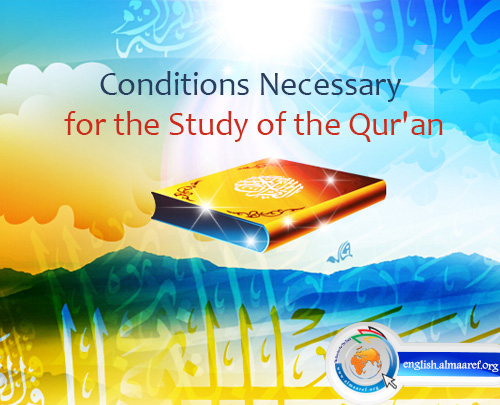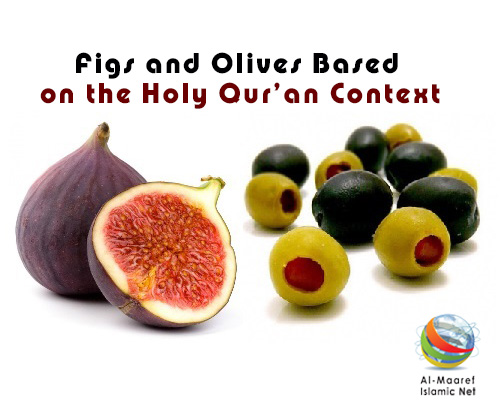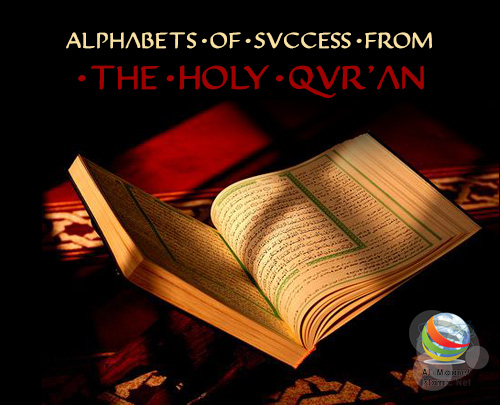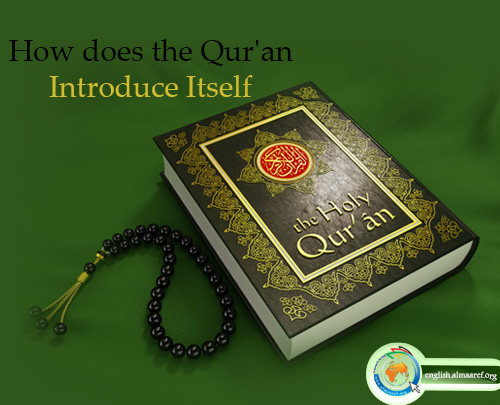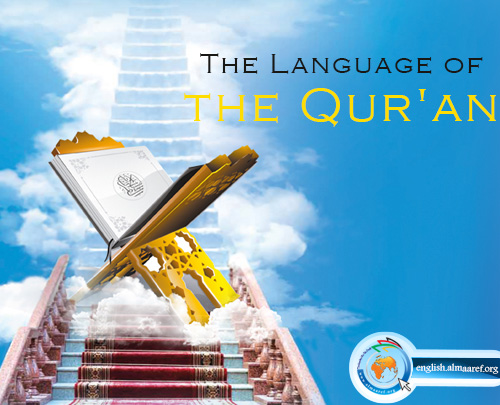The understanding of the Qur'an requires certain preliminaries which are briefly
described here. The first essential condition necessary for the study of the
Qur'an, is the knowledge of the Arabic language, such as for the understanding
of Hafiz and Sa'di, it is impossible to get anywhere without the knowledge of
the Persian language. In the same way, to acquaint oneself with the Qur'an
without knowing the Arabic language is impossible.
The other essential condition is the knowledge of the history of Islam; since,
unlike the Bible and the Torah, this book was revealed gradually during a long
period of twenty-three years of the Prophet's life, a tumultuous time in the
history of Islam. It is on this account that every verse of the Qur'an is
related to certain specific historical incident called sha'n-i nuzul. The
sha'n-i nuzul, by itself does not restrict the meaning of the verses, but the
knowledge of the particulars of revelation throws more light on the subject of
the verses in an effective way.
The third condition essential for the understanding of the Qur'an, is the
correct knowledge of the sayings of the Prophet (peace be upon him and his
household). He was, according to the Qur'an itself, the interpreter of the
Qur'an par excellence. The Qur'an says:
﴾We have revealed to you the Reminder that you may make clear to men what
has been revealed to them ...(16:44)﴿
The Qur'an also says:
﴾It is He who has sent among the illiterate a Messenger from among them,
to recite His sings to them, and to purify them and to teach them the Book and
the Wisdom. (62:2)﴿
According to the Qur'an, the Prophet (peace be upon him and his household)
himself is the exegetes and the interpreter of the Qur'anic text. Whatever has
reached us from the Prophet, is of great help in our understanding of the
Qur'an. For the Shi'ah, who believe in the infallible Imams (a.s.) also, and
believe that the Prophet (peace be upon him and his household) has transmitted
everything he obtained from God to his spiritual successors (awliya'), those
genuine riwayat (narrations about the Prophet (peace be upon him and his
household)) that have reached us through the Imams, possess the same degree of
authenticity as those obtained directly from the Prophet (peace be upon him and
his household). Accordingly, the authentic riwayat of the Imams are of great
help to us in our understanding of the Qur'an.
A very important point to remember during the initial stages of study, is that
we should try to understand the Qur'an with the help of the Qur'an itself;
because, the verses of the Qur'an constitute a completely united integral whole,
a coherent unified structure. If we single out any verse from the Qur'an and try
to understand it in isolation from the rest of the Book, it would not be a
correct method.
However, it is possible that we may happen to understand it, but the method is
not recommended by caution, as certain verses of the Qur'an are explanatory for
certain other verses. All great commentators of the Qur'an have affirmed this
method; the infallible Imams also had approved of this manner of interpretation
of the Qur'anic verses.
The Qur'an has its own specific mode of discussing various problems. There are
instances where if a solitary verse is studied without placing it in its proper
context, it gives quite a different sense than when it is seen under the light
of the verses dealing with a similar subject.
For instance, the specific mode and style of the Qur'an may be noticed from the
distinction drawn between al-ayat al-muhkamat (the firm verses) and al-ayat al-mutashabihat
(the ambiguous verses). There is a prevalent view regarding the muhkamat and the
mutashabihat. Some people imagine that al-ayat al-muhkamat are such verses as
whose meaning is quite simple and clear, whereas the meaning of al-ayat al-mutashabihat
is cryptic, enigmatic and puzzling. According to this notion, men are only
permitted to cogitate upon the meaning of al-ayat al-muhkamat, and al-ayat al-mutashabihat
are basically inscrutable and beyond their understanding.
Here, the question arises, what is the philosophy underlying al-ayat al-mutashabihat?
Why has the Qur'an put forward such verses that are incomprehensible? A brief
answer to this question is that neither muhkam means “simple” and “clear”, nor
mutashabih means “ambiguous”, “cryptic” and “enigmatic.” “Ambiguous” and
“enigmatic” are adjectives applicable to sentences that do not convey the
meaning in a direct and simple manner, as are sometimes met in the writings of
various authors.
For example, when Sultan Mahmud rewarded the poetic efforts of Ferdowsi with a
reward of an insignificant and humiliating amount of money, Ferdowsi did not
accept it, and instead he accused Sultan Mahmud of the trait of parsimony in his
versified lampoons. Some of them were quite clear and obvious whereas the others
were not devoid of ambiguity and a lot of enigma.
Ferdowsi is quite direct when he says:
Had the king's mother been an honourable lady,
He would have rewarded me with knee-high gold and silver.
However, when he remarks:
The palm of king Mahmud, the conqueror of lands,
Was nine times nine and three times four,what does he intend to say? Here
Ferdowsi has made use of an enigmatic technique. Those who are interested would
like to know the solution: 9 X 9=81, 3 X 4=12, and 81 plus 12 add up to 93.
Ferdowsi says, the Sultan's palm was just like 93. It means that the fist of the
Sultan was so tightly closed that only his thumb was free, and this thumb along
with the index finger (which acquires the shape of 92 and other three fingers
make 93. Through this obscure statement Ferdowsi wants to emphatically report
the miserliness of the Sultan.
We shall see whether there are actually any enigmatic and abstruse verses in the
Qur'an. Such an assumption contradicts with the text of the Qur'an which
unequivocally states that it is a clear and comprehensible book whose verses
provide guidance and shed light. The core of the problem is that some of the
issues dealt with in the Qur'an are related to metaphysical matters and the
transcendental world, which cannot be expressed in ordinary language. In the
words of Shaykh Shabistari:
The word fails to encompass meaning,
The ocean cannot be poured into a pot.
Since the language of the Qur'an is the same as used by men, inevitably, the
same diction is used for the most sublime and spiritual themes as we human
beings use for earthly subjects. But in order to prevent any misunderstanding
about certain problems, some verses have been devised in such a way that they
need to be explained with the help of other verses. There is
no way except this. For example, the Qur'an wanted to point out to a truth
namely, seeing God through the heart; that is, to witness the presence of God by
means of one's heart. This idea has been expressed in the following terms:
﴾(Some) faces on the Day shall be bright, looking towards their Lord.
(75:22-23)﴿
* Book: Understanding the Uniqueness of the Quran. By Murtada Mutahhari


